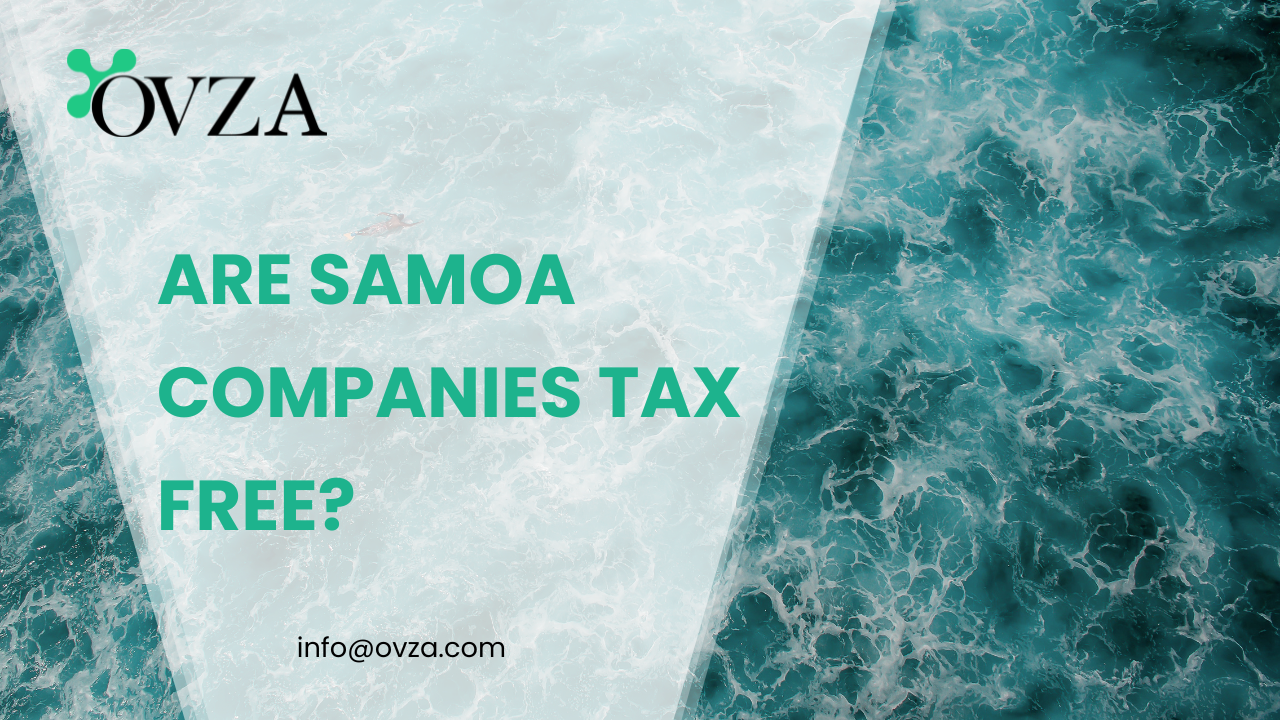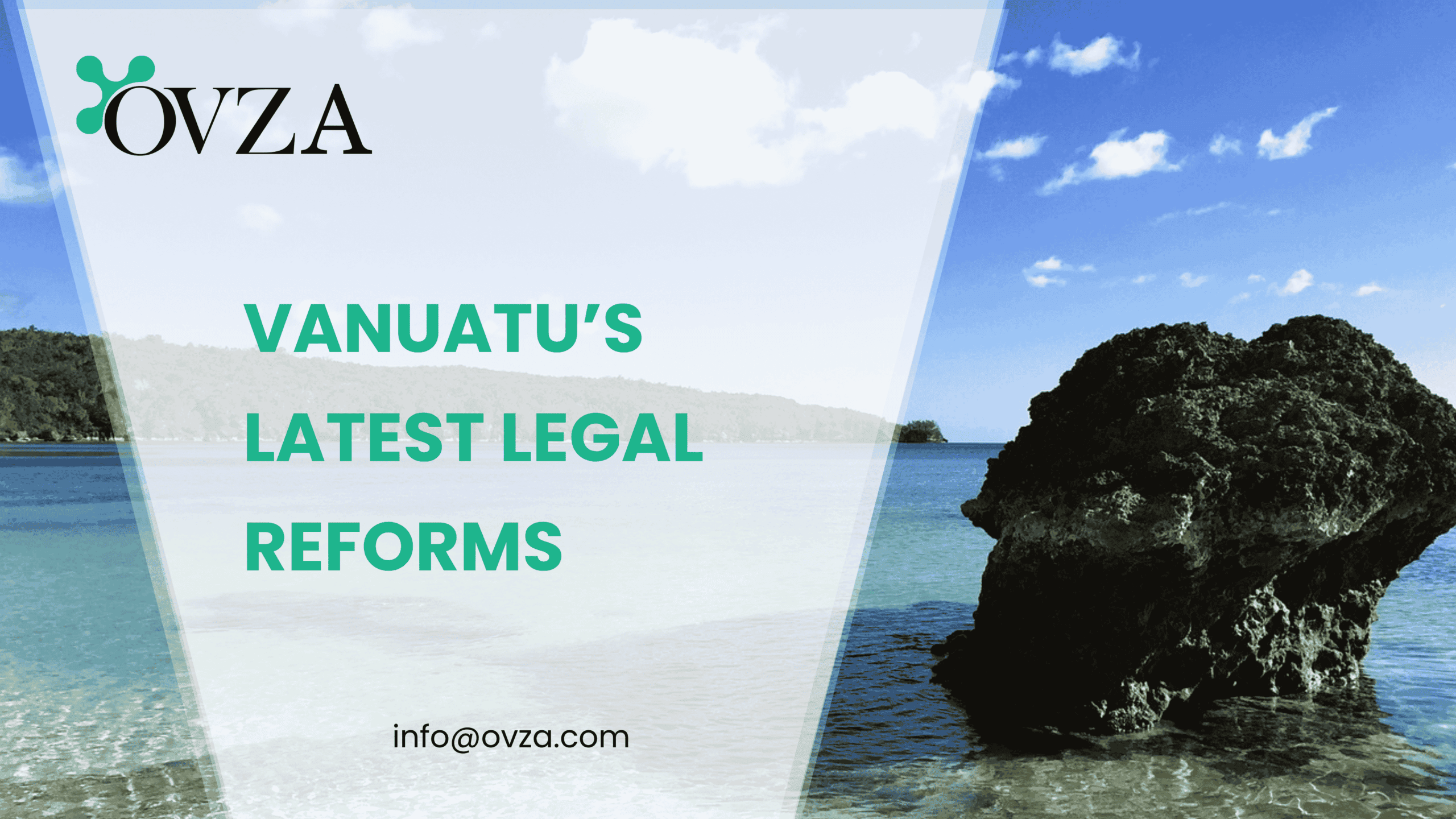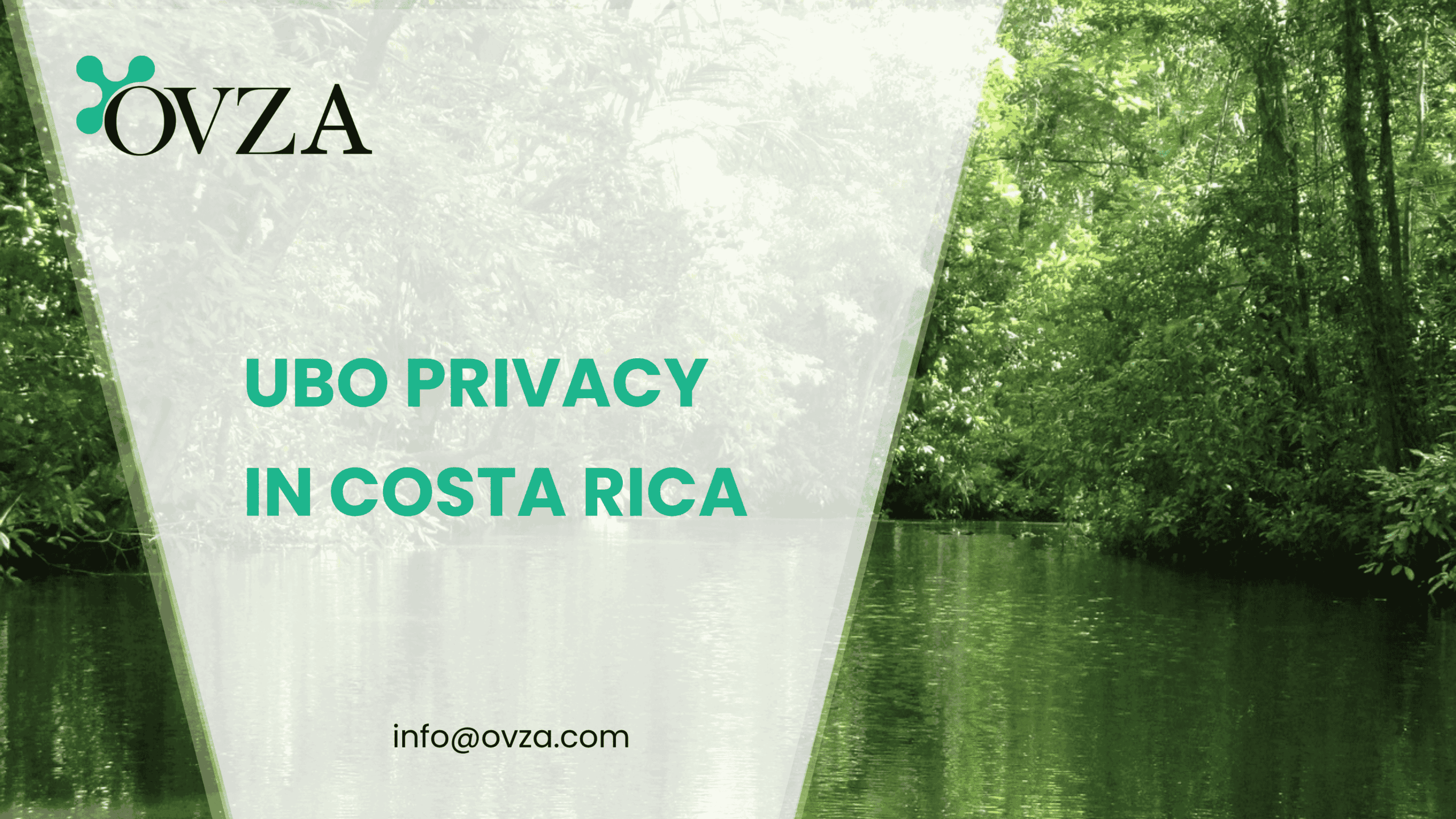Are Samoa companies tax-free? Yes, they can be fully tax-free when they are properly structured and used for activities outside of Samoa. This means that as long as the company operates outside of Samoa and earns no income within the country, it is legally exempt from paying local corporate taxes, capital gains taxes, and withholding taxes.
This tax-exempt status isn’t just a general industry practice—it’s built directly into Samoa’s legal framework, giving international entrepreneurs a clear and reliable structure for global business without local tax obligations.
The Legal Basis for Tax Exemption in Samoa
The tax-free nature of a Samoa IC is grounded in the International Companies Act 1987, which governs how offshore companies are formed and operated within the jurisdiction. According to this legislation, Samoa ICs are not subject to local taxes as long as they do not conduct business in Samoa or derive income from within the country.
There’s no need to apply for a special exemption—this tax treatment is built into the law. So long as the company limits its operations to foreign markets, it benefits from full exemption on corporate income, capital gains, stamp duties, and other local taxes.
In practice, this makes the Samoa IC functionally similar to an International Business Company (IBC) in other classic offshore jurisdictions, but with a more discreet profile and stable legal foundation.
What Counts as Foreign-Sourced Income for a Samoa IC?
To qualify for tax exemption, a Samoa International Company must strictly generate income from outside the country. This is not a vague interpretation—it’s explicitly addressed in the International Companies Act 1987, which governs how these entities are treated under Samoan law.
According to Section 228 of the Act, an international company is exempt from income tax if it “does not carry on business in Samoa except as necessary for the conduct of its international business.” The Act further clarifies that international business includes activities such as “trading in goods or services with persons not resident in Samoa” and “holding shares, debt obligations or other securities of companies incorporated outside Samoa.”
This legal definition leaves no ambiguity: as long as the IC does not engage with the Samoan market or residents and earns income abroad, its income is considered foreign-sourced and fully tax-exempt.
For example, if a Samoa IC licenses intellectual property to a U.S.-based business, sells digital products globally, or manages a portfolio of foreign investments, those income streams are treated as foreign-sourced under Samoan law—and are not subject to local taxation.
Are There Any Reporting or Compliance Requirements?
Even though a Samoa IC is tax free on foreign-sourced income, it still operates within a regulated offshore framework that requires minimal but important compliance. Every Samoa IC must maintain a registered office in Samoa and appoint a licensed registered agent. These are mandatory under the International Companies Act 1987, which forms the legal backbone of Samoa’s offshore sector.
While there is no obligation to file annual tax returns for ICs that do not earn income in Samoa, companies must maintain accurate records and fulfill international compliance standards such as AML (Anti-Money Laundering) and KYC (Know Your Customer). These obligations are handled through the registered agent, ensuring the company maintains good standing without burdening the owner with excessive paperwork.
OVZA handles all of this as part of our standard service. From initial registration to annual renewals and compliance maintenance, we ensure your Samoa IC remains fully compliant and in good standing—without unexpected costs or delays.
How a Tax-Free Samoa IC Is Used in Practice
The flexibility and legal clarity of a Samoa IC make it ideal for a wide range of international uses. Entrepreneurs use Samoa ICs to operate global digital businesses, offer consulting services, or hold intellectual property that generates income from outside Samoa. Investors often structure their holdings or manage foreign assets under a Samoa IC for asset protection and tax neutrality.
Because a Samoa IC is tax free on non-Samoan income, it can be used to reduce overall tax exposure in a completely legal and transparent way. It’s also useful for succession planning, cross-border licensing deals, or acting as a holding vehicle for other offshore companies. The simplicity and privacy offered by the Samoa IC structure make it one of the most practical offshore options in 2025.
For those wondering “Are Samoan companies tax free?”—the answer is yes, when structured for international use and supported by a qualified provider like OVZA.
Conclusion: Is a Samoa IC Tax Free?
Yes, a Samoa IC is tax free on all income sourced from outside of Samoa. This is clearly defined under the country’s International Companies Act and has made Samoa a respected and dependable jurisdiction in the offshore space.
So, are Samoan companies tax free? When they are structured as ICs for offshore activity, absolutely. They enjoy full exemption from local taxes, no reporting requirements on foreign income, and strong legal privacy.
OVZA takes care of the entire process—from registering your Samoa IC to handling renewals and compliance—giving you a legally sound, low-maintenance offshore structure that works globally.
Ready to form a tax-free Samoa company? OVZA can have your structure ready in just a few days.
I am raw html block.
Click edit button to change this html













